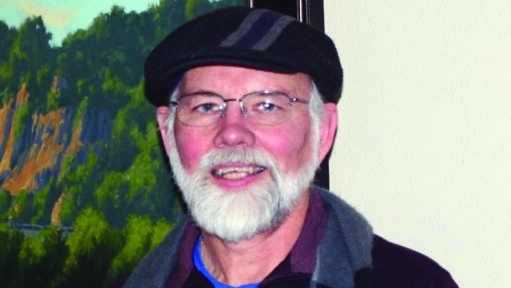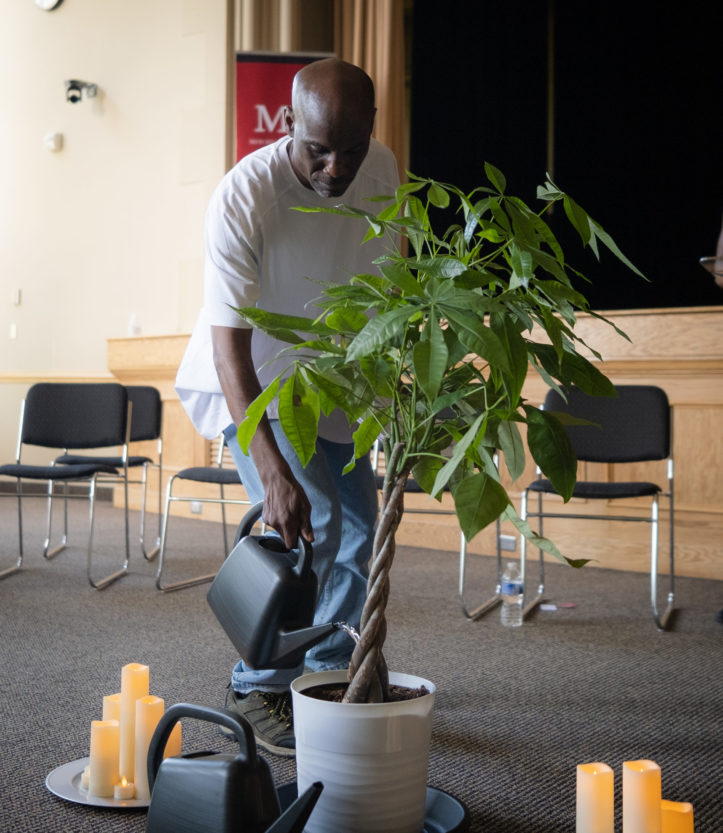Defunding History
Building an Antiracist Community
Defunding HistoryThe life of Emily Goodridge Grey and the many other women who had an outsized influence in Minnesota and its communities are stories that most folks have never heard. Grey is the first person one encounters in the new Minnesota History Center exhibit, Extraordinary Women. In 1857 Grey traveled by train, stagecoach and steamboat to St. Anthony Falls, where she made her home with her two-year-old son. Carrying on the tradition of her father, a formerly enslaved man who went on to be a businessman and activist with the Underground Railroad, Grey became a leader in the Abolitionist movement and other civic engagement groups that helped build the Twin Cities.
Continuing through the exhibit you, in short order, encounter numerous others largely forgotten to Minnesota history. Sarah Berger Stearns, a suffragette from Rochester, challenged the state constitution that said every “male” had the right to vote, ultimately paving the way for Minnesota women’s right to vote in 1919. Amanda Lyles, a business woman, was a founding member of St. James AME Church and a leader in the National Association for Advancement of Colored People as well as numerous local civic organizations. Marie Bottineau Baldwin, a member of the Turtle Mountain Band of Chippewa, fought as an activist for native rights. Nellie Francis, a champion of woman suffrage and anti-discrimination, almost single handedly got the State of Minnesota to pass an anti-lynching law following the horrific lynching of three Black men in Duluth on June 15, 1920.
The history of these women who have for too long gone overlooked, along with the many other women lifted up in the Minnesota History Center exhibit, are the kind of stories that some Minnesota state senators are now seeking to suppress. Senator Mary Kiffmeyer of Big Lake and her Republican colleagues are seeking to defund such history by removing control and financing for numerous historical sites now run by the Minnesota Historical Society, placing them directly under the control of the state. This is the second time in recent years that Kiffmyer and her colleagues have sought to defund history in Minnesota. The first time was in 2019 when the Minnesota Historical Society had the audacity to add a single word to the name of Fort Snelling; “Bdote,” a Dakota word for “where the two rivers come together.” The addition of Bdote reflects a broader understanding of history, one that includes the Dakota people whose civilization and culture predates non-Natives by thousands of years.
Defunding history is born out of the desire to maintain a white, male identity history that tells the story of heroic men (along with the occasional woman) who brought Christianity and “civilization” to a land that was uncivilized. It was a “Manifest Destiny” blessed and virtuous in every way, with any blemishes like maltreatment of Native people or slavery having long ago been rectified. For many, many years, this was indeed the story told by the Minnesota Historical Society. The problem for Kiffmeyer and her colleagues is that the Historical Society has begun waking up to the incompleteness of this whitewashed version of history and begun giving voice to people like Emily Goodridge Grey, Sarah Berger Sterns, Marie Bottineau Baldwin and many others. These women’s untold histories often remind us of a part of our state history that many prefer to forget, ignore or straight out deny.
Kiffmeyer’s initiative to defund history is firmly in line with other efforts to silence and deny a fuller accounting of our nation’s history by passing laws prohibiting the teaching of critical race theory in schools, which at its core is an effort to look truthfully and honestly at the role racism and white supremacy played in our nation’s founding and continue playing to this day. Emily Goodwin Grey, with her disruptive abolitionist history, represents a fuller picture of who we are as Minnesotans. Grey’s story, and others like it, can either be perceived as a threat we must ignore or welcomed as a voice reminding us of our potential and who we might yet become.
. Tim Johnson is a retired pastor of the United Church of Christ.




